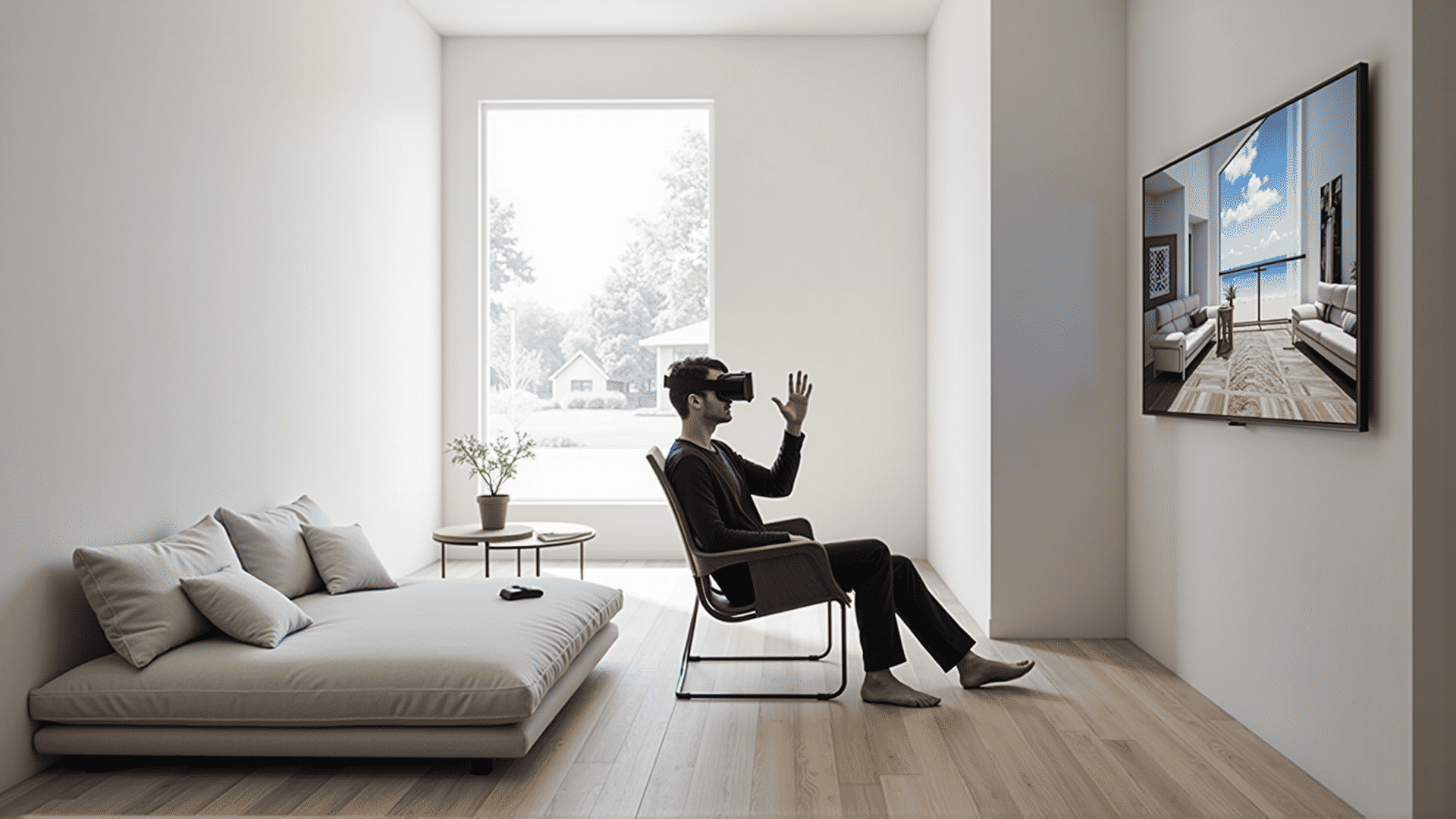In the age of digital innovation, virtual reality (VR) is transforming the way individuals explore properties. This cutting-edge technology offers a fully immersive experience that allows potential buyers or renters to explore spaces in detail without the need for physical presence. Such a development not only saves time and resources but also opens up opportunities for more informed decision-making.
One of the key advantages of VR property tours is the sense of immersion it provides. Users are able to navigate through rooms, halls, and outdoor spaces at their own pace. This interaction goes beyond static images or videos, offering a genuine feel for the property's layout and ambiance. As a result, individuals gain a clearer understanding of spatial relationships and design aesthetics, leading to a more comprehensive evaluation.
Furthermore, VR tours enhance accessibility for those who may not be able to travel due to geographical or personal constraints. This inclusivity ensures that individuals from various backgrounds and locations can still partake in the property-viewing process. Whether a prospective buyer in another country or someone unable to leave their home, virtual reality bridges the gap and broadens access.
Additionally, the use of VR in property viewing caters to environmental consciousness. Reducing the need for physical travel decreases carbon emissions, aligning with sustainable practice goals. This technological shift also encourages the adoption of smart solutions in other phases of buying or renting processes, further promoting eco-friendly initiatives.
Moreover, VR can host interactive elements such as embedded information points. These features allow users to gather details about specific aspects of a property's construction, materials, or history directly within the tour. This added layer of information provides a richer and more engaging user experience.
As technology continues to evolve, the possibilities for VR in property viewings are expected to expand. Enhanced graphics, more intuitive navigation, and even augmented reality (AR) integrations could further refine how individuals interact with virtual tours. Such developments would continue to revolutionize how properties are explored, making the process more dynamic and accessible than ever before.
In conclusion, virtual reality is redefining the property exploration experience by offering immersive, convenient, and sustainable solutions. As the world embraces digital transformation, VR stands at the forefront, providing innovative ways to discover properties with unrivaled depth and accessibility.
